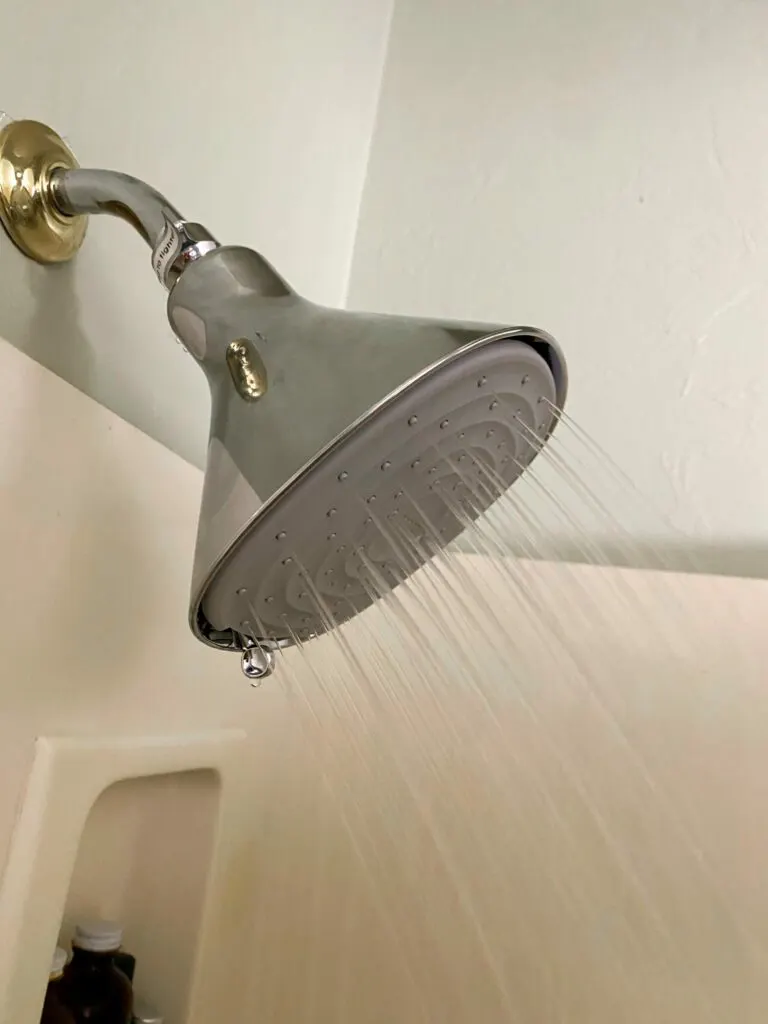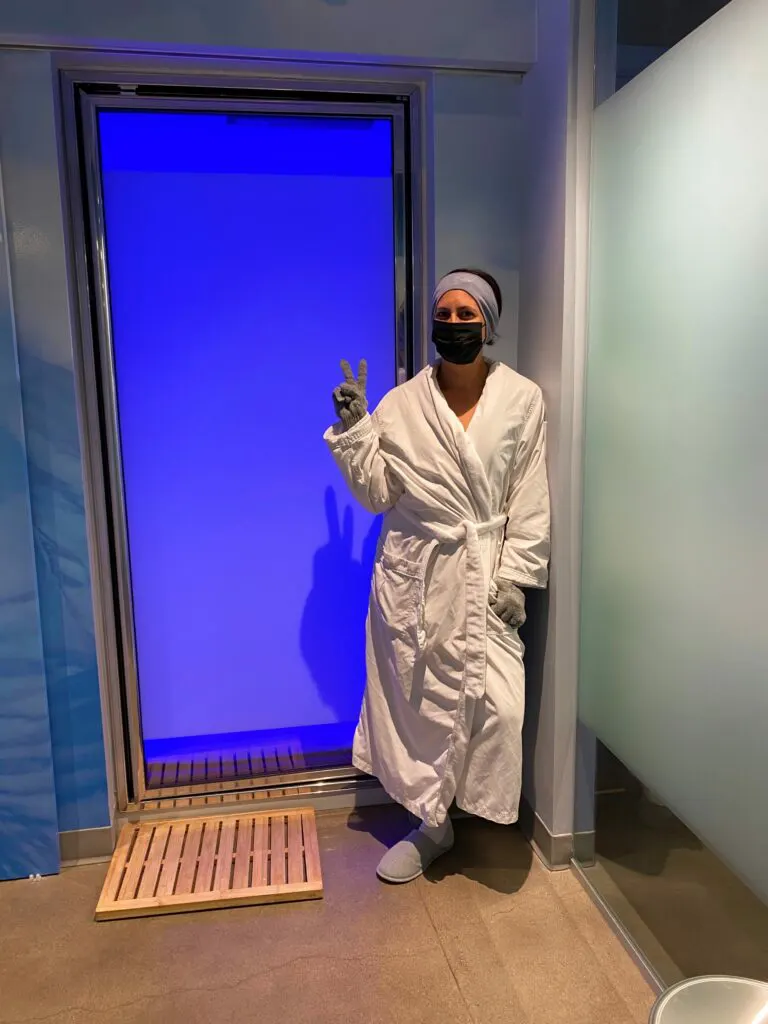Sharing tips on how to utilize hot and cold therapy at home.
Hi friends! How’s the morning going? I hope you’re having a great day so far!
For today’s post, I wanted to talk about hot and cold therapy, especially since they’ve been pretty buzzy topics on social media lately. This natural remedy can provide numerous benefits, so I wanted to share how to do hot and cold therapy safely at home. There are a couple of important reminders and considerations in this post, too!
How To Do Hot And Cold Therapy At Home
Hot and cold therapy is straightforward, requiring only basic items that you likely already have at home.
What Is Hot And Cold Therapy
Hot and cold therapy involves the use of heat and cold to stimulate different physiological responses in the body. It is an affordable and highly recommended remedy for improving overall health and well-being. When you apply heat to an area, it helps to increase blood flow and relax muscles. Cold therapy, on the other hand, constricts blood vessels, reduces inflammation, and stimulates the nervous system.
Alternating between heat and cold can provide comprehensive health benefits by combining the effects of both therapies. Heat can enhance circulation and relax muscles, while cold can reduce inflammation and invigorate the body. This alternation can be particularly effective for boosting circulation, enhancing recovery, and improving immune function.
Potential Benefits of Hot And Cold Therapy
It *can* do all of these things:
Enhance circulation
Reduce inflammation
Stimulate the nervous system
Boost immune function
Relieve muscle tension
Improve skin health
Promote faster recovery
Enhance mental clarity
Increase energy levels
Hot And Cold Therapy At Home
Step 1: Gather Your Supplies
To get started with hot and cold therapy, you will need a few basic supplies:
Heat packs or hot water bottles
Ice packs or cold packs
Towels
A timer
****Or you could go total body by alternating time in a sauna with time in a cold plunge.
Step 2: Applying Heat
Heat therapy works by dilating blood vessels and improving blood flow to the area being treated. This can help relax muscles, relieve tension, and promote healing.
Warm the Heat Pack or Hot Water Bottle: Use a microwaveable heat pack or fill a hot water bottle with warm water.
Prepare the Area: Place a towel over the skin to protect it from direct heat.
Apply the Heat: Place the heat pack or hot water bottle on the desired area for 10-20 minutes at a time.
Remove the Heat: Take off the heat source and give your skin a break before reapplying if needed.
Step 3: Applying Cold
Cold therapy involves using ice packs or cold packs to stimulate the nervous system and reduce inflammation.
Prepare the Ice Pack or Cold Pack: Use a commercial cold pack or wrap ice cubes in a towel.
Prepare the Area: Place a towel over the skin to prevent frostbite.
Apply the Cold: Apply the cold pack to the desired area for 10-20 minutes at a time.
Remove the Cold: Remove the cold pack and allow your skin to warm up naturally before reapplying if needed.
Step 4: Alternating Between Hot and Cold
To maximize the benefits of hot and cold therapy, you can alternate between the two.
Total body:
Start with Heat: Enjoy a sauna for 1-5 minutes
Switch to Cold: Hop into a cold plunge or cold shower (use filtered water!) for 1-2 minutes
Repeat: Alternate between heat and cold, ending with cold.
Unfortunately, this only works with a real sauna and not my beloved sauna blanket. That thing is electric and you don’t want to hop into it soaking wet.
(You can also head to wellness recovery centers where they have cold plunges, saunas, compression boots, and cryotherapy for recovery options. The mask is for protection from the cold!).
Step 5: Monitor Your Skin
While performing hot and cold therapy, it’s crucial to monitor your skin to prevent burns or frostbite. If you notice any unusual redness, blistering, or numbness, stop the therapy immediately. Also monitor how you FEEL. You may have to start slowly in temperature or duration and move up from there.
Step 6: Hydrate and Rest
After completing your hot and cold therapy session, drink plenty of water to stay hydrated and allow your body to rest. This will help your body recover and maximize the benefits of the therapy.
Hot and cold therapy can be an effective and accessible way to enhance your overall health at home. By understanding how to apply heat and cold correctly, you can improve circulation, reduce inflammation, and stimulate your nervous system. This natural method is a great addition to your wellness routine, offering numerous health benefits without the need for medications.
Here’s the major, huge caveat: it’s NOT for everyone.
Individuals with circulatory disorders like Peripheral Artery Disease (PAD) or Raynaud’s Disease, cardiovascular issues, diabetes, or skin conditions such as eczema should avoid this therapy due to the risk of exacerbating their symptoms. Pregnant women, individuals with impaired sensation, young children, and the elderly are also at higher risk of burns or frostbite. Those with acute injuries should be cautious, as heat can increase swelling in fresh injuries, while people with Deep Vein Thrombosis (DVT) risk dislodging a blood clot.
Additionally, those with autoimmune conditions or high stress levels (a full stress bucket!) may find that the extremes of hot and cold exacerbate their symptoms. Autoimmune conditions often involve heightened sensitivity and unpredictable responses, making it essential to avoid additional stressors like extreme temperatures.
I found that for myself, cryotherapy and cold plunging were *too much* for my stress bucket. My body loves the heat from the sauna, but extreme cold temperatures don’t make my body happy.
For more insights on understanding pain, check out this post on understanding pain. If you’re looking for additional tips on how to deal with pain, visit how to deal with pain.
Remember, always consult with a healthcare professional if you have any underlying health conditions or if you’re unsure about the best approach for your specific health needs. Always talk to a doctor before making any changes to your health or wellness routine.
xoxo
Gina
More: check out my favorite sauna blanket review here




